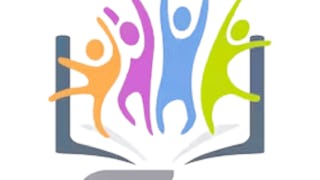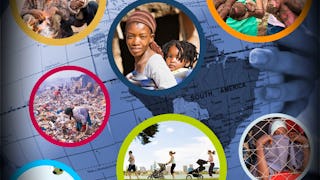This course will explore the dynamic factors affecting the health and wellbeing of young people around the world, and how important it is for individuals, communities and nations that we improve the health and life chances of this important population group.
With over 25% of the world’s population aged between 10 and 24 years, today’s generation of young people is the largest in human history. As the future leaders and drivers of growth, productivity and innovation, young people are our greatest assets, and investment in their health and wellbeing has social, economic and other benefits that continue across the lifespan and into the next generation. In this course we will adopt a life-course framework to take a holistic view of youth health and wellbeing. We will explore changing patterns of adolescent health and development, including why adolescence is starting earlier and ending later; how puberty and adolescent brain development may shape future health; and how what happens in adolescence can affect the start to life for the next generation. We’ll also look at the major health and social issues affecting young people and ways of addressing these through policy, practice and programming. COURSE FORMAT: This course comprises short video lectures and interviews, required and recommended readings, online discussion, quizzes and written assignments. There is no required text for this course and all readings are provided. DO I HAVE TO PAY FOR THIS COURSE? No- you may access 100% of material in this course for free. You are also welcome to do as much or as little of the course as you like, including all (or none!) of the assessment tasks- it all depends on your learning goals. The option to pay for this course is there for those who wish to receive a Course Certificate as evidence of completion (which does require you to attempt and successfully pass the assessment tasks). WHO IS THIS COURSE FOR? This course will be relevant for anyone with an interest in the health and wellbeing of young people. You do not need to be of any particular personal or professional background to benefit from this course, but having some basic undergraduate study experience will be helpful to your learning (particularly if in a health related field). WHAT IS THE MOST INTERESTING THING I'LL LEARN IF I TAKE THIS COURSE? You’ll learn how so much of what happens during adolescence can impact not only the future health of individuals, but the health of the next generation as well. You’ll develop a greater understanding of the key factors impacting upon youth health and learn how to be a better advocate for the health and wellbeing of young people. View the MOOC promotional video here: http://tinyurl.com/z5l4mod





















